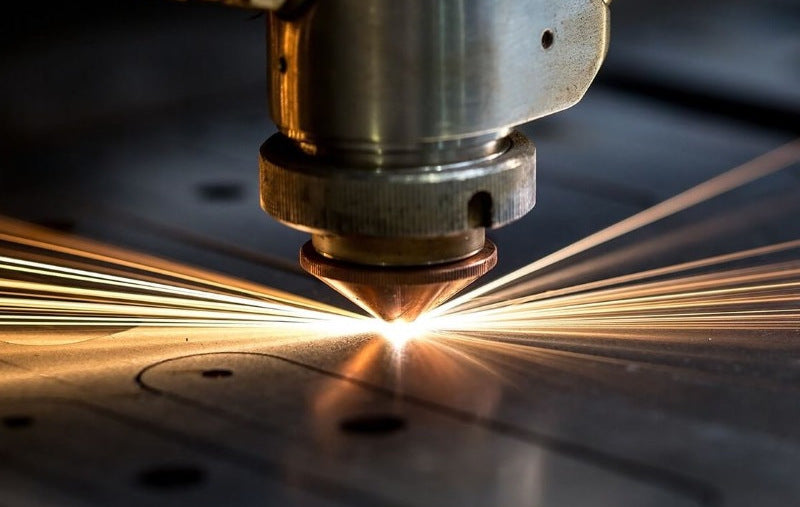1. Precision Tailoring for Unique Requirements:
Custom manufacturing allows businesses to create products precisely tailored to their unique requirements. Whether it's the dimensions, materials, or functionalities, the ability to customize ensures that the end product aligns perfectly with the specific needs of the client, promoting optimal performance.
2. Enhanced Quality and Durability:
When products are custom-manufactured, there's a heightened focus on quality. Manufacturers can select materials and design elements that maximize durability and longevity, resulting in products that outperform generic alternatives and require fewer replacements over time.
3. Flexibility in Design and Innovation:
Custom manufacturing fosters a culture of flexibility and innovation. Businesses can collaborate with manufacturers to explore new design concepts, integrate cutting-edge technologies, and stay ahead of industry trends. This adaptability is crucial in fast-paced markets where staying competitive relies on constant innovation.
4. Efficient Resource Utilization:
Tailoring products to specific needs often leads to more efficient resource utilization. Custom manufacturing minimizes waste by producing only what is necessary, reducing environmental impact and promoting sustainability in the production process.
5. Shortened Production Times:
Contrary to the perception that custom manufacturing leads to longer production times, advancements in technology and streamlined processes have actually facilitated quicker turnaround. Custom manufacturers can leverage efficient production methods, resulting in reduced lead times for clients.
6. Cost-Effective Solutions:
Custom manufacturing can offer cost-effective solutions in the long run. While initial investment costs may be slightly higher than mass-produced alternatives, the tailored nature of the product often translates to improved efficiency, reduced downtime, and lower maintenance costs over its lifespan.
7. Tailored Support and Service:
Beyond the product itself, custom manufacturing often comes with tailored support and service. Manufacturers can provide specialized training, maintenance guidelines, and ongoing support to ensure that the custom product continues to perform optimally throughout its lifecycle.
Conclusion:
Custom manufacturing is more than just a production method; it's a strategic approach to meeting the evolving needs of today's industries. From enhanced product quality to efficient resource utilization, the benefits of custom manufacturing are reshaping the landscape of innovation and productivity. As businesses continue to seek personalized solutions, custom manufacturing stands as a beacon of flexibility, efficiency, and success in a rapidly changing industrial environment.




